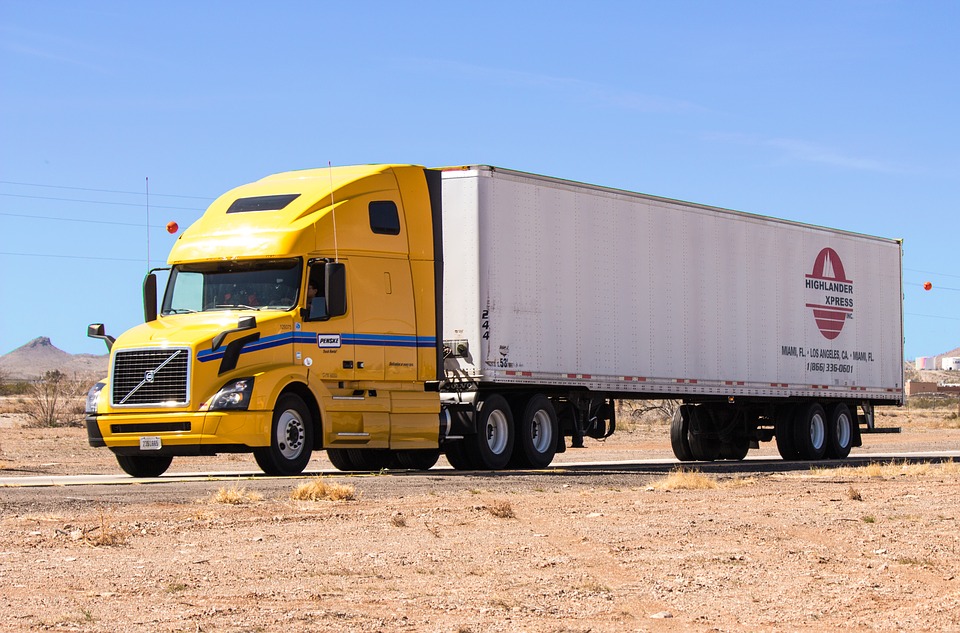Weight is a big deal for truckers. Most drivers view the 80,000-pound limit allowed in the United States as inadequate. Trucking companies that run 24/7 put in an average of 18,600 miles per month on each unit. With tractors that run on 500 to 600 horsepower engines, adding to the weight limit will cut down the truckers’ operating expenses.

The Coalition for Transportation Productivity (CTP) was formed by a group of 200 trucking companies in order to lobby for increase in the maximum weight limits for six-axle trucks. They are pushing for increase in federal road and bridge limits for commercial vehicle – from the present 80,000-pound limit to 97,000 pounds.
Fewer Trucks
More weights would mean fewer trucks running on the road. The consolidation of weight would result in great savings in terms of fuel consumption and wear and tear of trucks serving the heavy haul markets such as petroleum and agricultural industries.
Fewer trucks on the roads could translate into $2.4 billion savings in infrastructure repairs, reduction of pollution, and safer travel.
The California League of Food Processors (CLFP) estimates that a 17,000-pound increase on load limit will result to 160,000 fewer truck trips or 48 million miles saved per harvest season for the California vegetable and fruit industry.
Matching Up with the Rest of the World
Increasing the federal truck weight limits will enable the U.S. to match up with other countries, especially its neighbors in the North American continent. Canada has weight limit of 103,000 lbs. while Mexico has 107,000-lb. load limit. The differences in load limit create a host of problems at seaports and land border crossings where marine containers whose loads are within the international ISO limits will be considered overweight on U.S. roads, necessitating a lot of paper work and special permits.
Other Benefits
Increasing the weight limit from 80,000 pounds to 97,000 pounds will result in other benefits such as:
- Big decline in diesel consumption
- Reduction in carbon dioxide emissions
- Reduction in the cost of road repair and maintenance
- Improvement of productivity without massive infrastructure investments
- Additional income to the government through the increase in the heavy vehicle use tax (HVUT), which is currently pegged at $550.
Beneficial to All
Increasing the federal weight limit for trucks will be beneficial to all sectors. Trucking companies will improve their bottom line, the government will earn more revenue, and the environment will be cleaner and safer.
